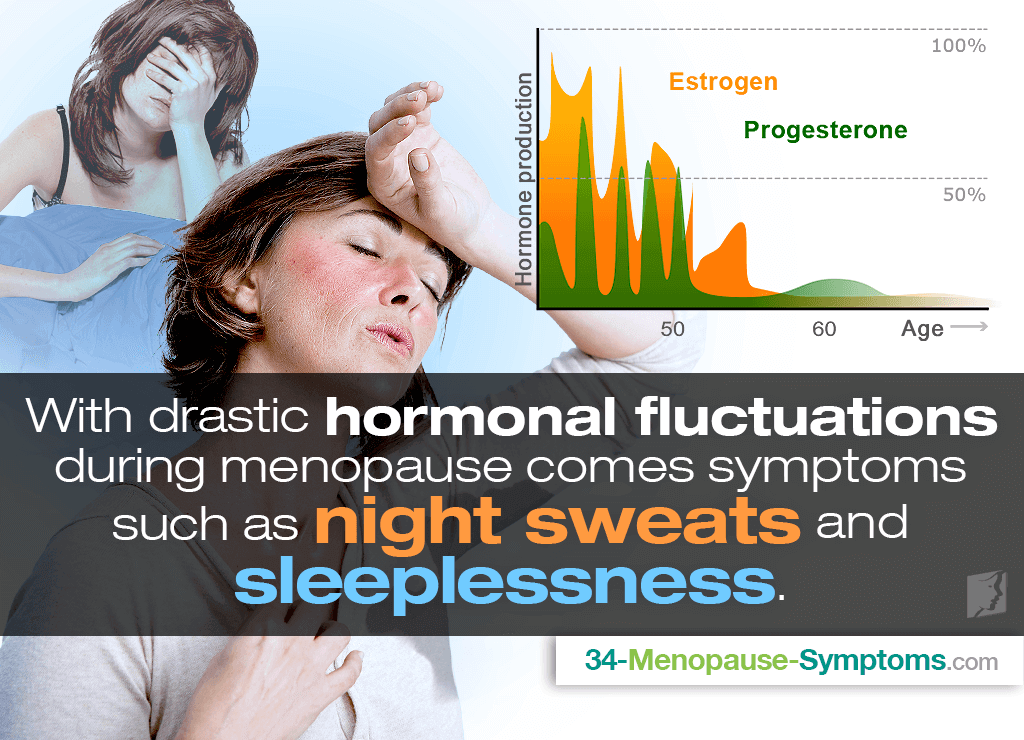Many women suffer from trouble sleeping and night sweats during menopause, wondering if there will ever be any reprieve from the both. Continue reading to find out crucial information about insomnia and night sweats, including their causes and treatment options, so you can finally achieve a restful night's sleep.
What is Insomnia?
Insomnia is defined as the inability to fall asleep or to stay asleep. Although anyone can suffer from insomnia, menopausal women are more likely to experience it than other age groups.
What Are Night Sweats?
Night sweats are nocturnal hot flashes characterized by an increased heart rate, perspiration covering the body, and a possible follow-up feeling of coldness or the chills.
Causes of Insomnia and Night Sweats
Menopause is characterized by drastic hormonal fluctuations of estrogen and progesterone, marking the end of a woman's reproductive years and end of menses. With these hormonal fluctuations comes typical menopause symptoms, such as night sweats and sleeplessness.
Because reproductive hormones facilitate healthy sleeping patterns in women, middle-aged women may find it more difficult to fall asleep or stay asleep, leading to exhaust and fatigue.
Moreover, insomnia is often brushed off as a symptom of night sweats. While night sweats can lead to insomnia and disturb a woman's sleep, they are not the only thing that can cause insomnia. It can also be caused by underlying medical conditions, mood disorders, and more.
How to Treat Insomnia and Night Sweats
Lifestyle steps that can help reduce the likelihood of night sweats include:
- Sleeping with a window open or a fan next to the bed
- Wearing pajamas made from breathable fabric that wicks away sweat
- Sleeping under thin blankets made of natural fibers that can be easily removed
- Avoiding the consumption of hot, spicy foods before going to bed
- Keeping a glass of cold water next to the bed
- Reducing alcohol and tobacco use
Some steps to take for when you do experience night sweats include:
- Taking a shower to rinse off sweat
- Changing pajamas to feel clean
- Drinking a cool glass of water
- Doing relaxation techniques to fall back asleep
To treat insomnia, if stress, depression, or anxiety is making it difficult for you to fall asleep or stay asleep, start by addressing these conditions. Talking to someone you trust, seeing a therapist, using a creative outlet, and finding a release, such as through meditation or yoga, can help.
Click on the following link for more information about safe and effective night sweats treatments to be rid of them once and for all.
Sources
- American Osteopathic Association. (n.d.). Night sweats. Retrieved January 31, 2019, from https://osteopathic.org/what-is-osteopathic-medicine/night-sweats/
- National Sleep Foundation. (n.d.). Menopause and Insomnia. Retrieved January 31, 2019, from https://www.sleepfoundation.org/ask-the-expert/menopause-and-insomnia

